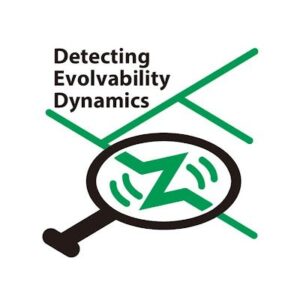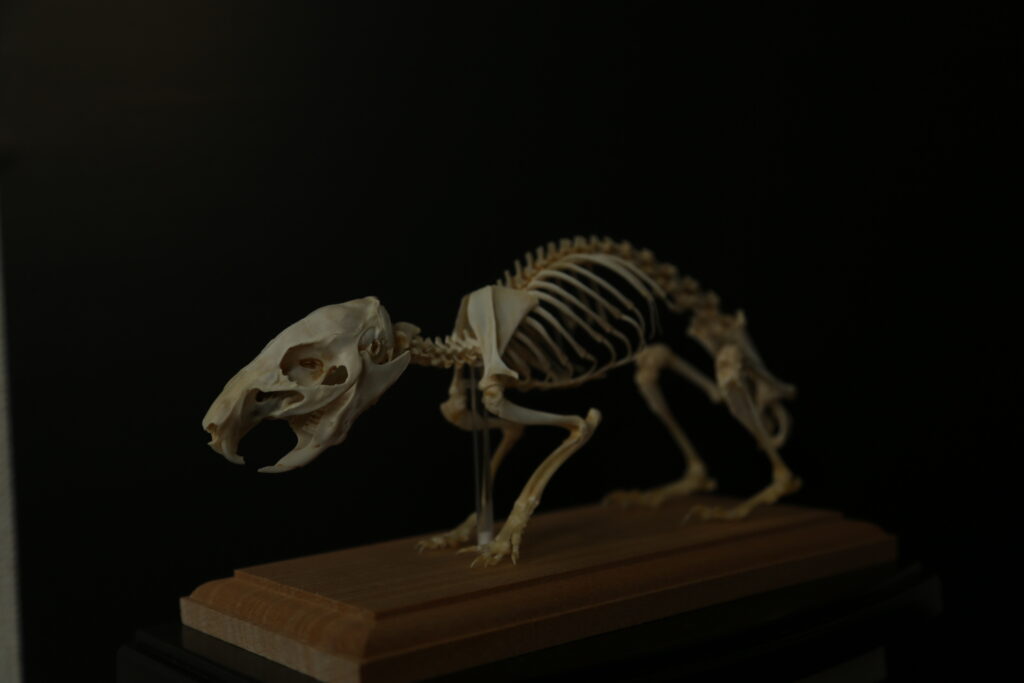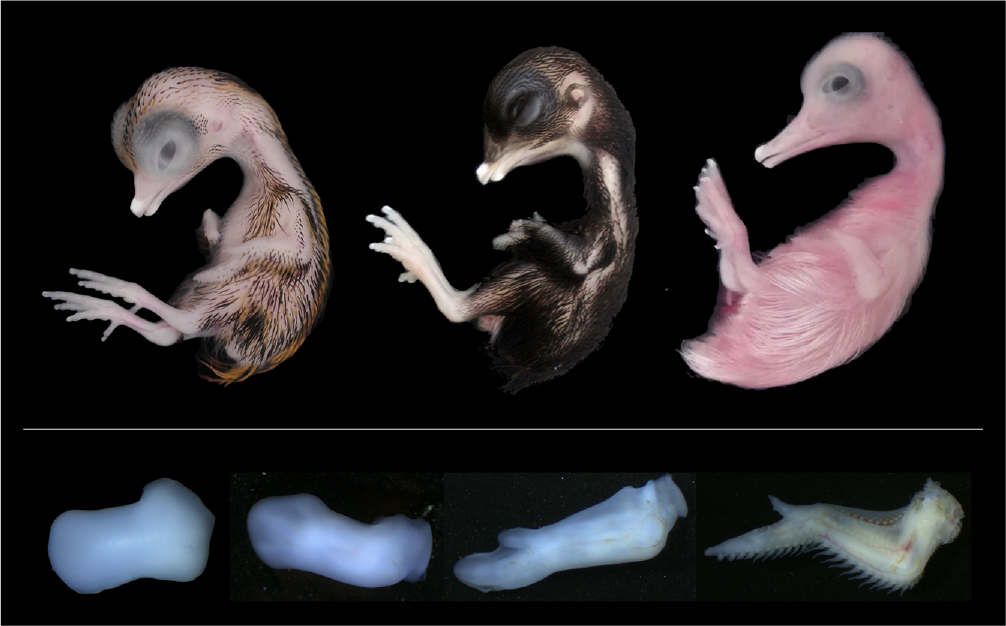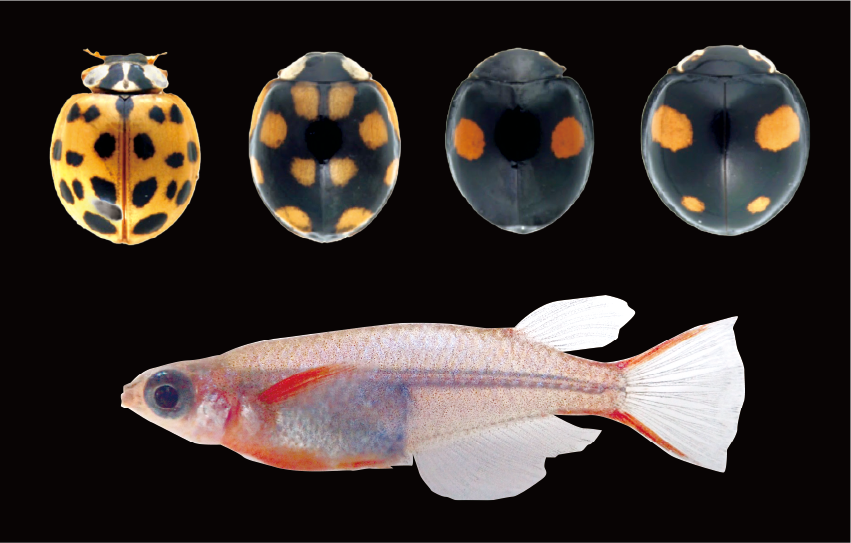
Our understanding of evolution has been improved through comparative analyses and experiments using extant species. These approaches assume, consciously or unconsciously, uniformity, that ancestral species evolved based on the same properties as extant species. Is this premise really correct?
When we look at various evolutionary histories, we sometimes wonder if the evolvability (capability of evolution) was high in the early stages of evolution but then decreased, in other words, if evolution slowed down. However, there is still no framework for scientifically examining this naive question.
To overcome this situation, with the success of physical cosmology in our mind, we believe that in evolutionary biology, too, it is necessary to create an integrated research area where theory, experiment, and observation interact with each other.
In our research area, “Detecting Evolvability Dynamics,” we suspect the uniformity in evolution at various scales and examine the changes in evolvability between ancestors and descendants. Here, we aim at accumulating empirical data before constructing a new evolutionary theory, to clarify whether the decelerating evolution exists due to some mechanism.





